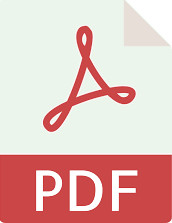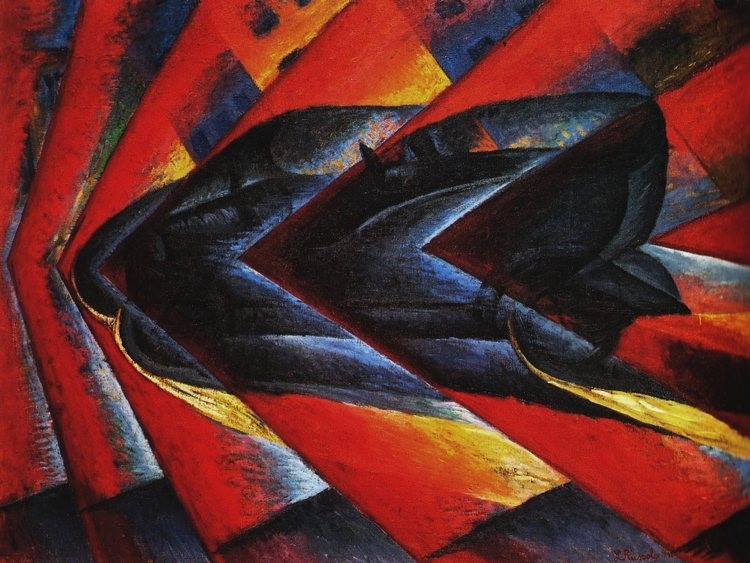An onomasiological and cognitive model for the analysis of the internal temporal structuring of states of affairs
Piattaforma Microsoft Teams
 Speaker
Speaker
Sara Dessì Schmid
Universität Tübingen
Aspect and
Aktionsart are both categories that codify information on the internal temporal structure of states of affairs. In traditional studies on aspectuality, however, a very strict distinction between them is usually made. Aspect is, accordingly, an obligatory grammatical (morphosyntactic) verbal category, which must therefore be expressed in all languages whose verbal systems allow it.
Aktionsart, instead, is a lexical, and therefore optional, verbal category and is not subject to such restraints in individual languages. This “bidimensional” perspective – widespread in Linguistics and even more so in Romance Linguistics (see, among many others, Bertinetto 1986; Smith 1991; Squartini 1998) – contrasts with a less common “unidimensional” approach (De Miguel 1999; Verkuyl 1972, 1993). The latter is based on the deeper semantic unit of what in terms of the linguistic analysis of individual languages is considered grammatical or lexical aspect.
In my talk, an analysis of aspectuality as a semantic-functional category comprising both aspect and
Aktionsart will be introduced by means of a new unidimensional model, which has an onomasiological background and is based on frame semantics (see Dessì Schmid 2014, 2019). In accordance with many researches on cognitive semantics, aspectuality is defined as structuring of states of affairs through delimitation or bounding (see, e.g., Smith 1997; Bickel 1997; Langacker 1987, 2006; Talmy 1996, 2000), although this delimitation principle is further and radically developed and applied in a highly extended and systematically structured way. This model allows some of the recurring issues in aspectological studies to be rethought in an innovative way.
Coordinators
Miriam Voghera
Claudio Iacobini

